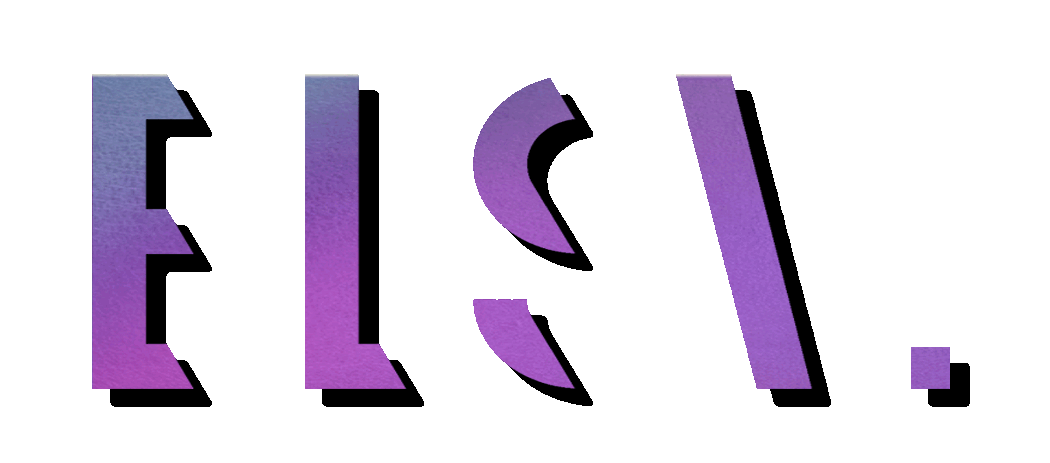AI GENERATED MUSIC, NEW DRAKE & THE WEEKND SONG, WHAT IT MEANS FOR THE MUSIC INDUSTRY
With several AI Covers finding their way on streaming platforms, the internet was ablaze with songs featuring Kanye West, Rihanna and Ariana Grande voices covering popular songs by other artists. The transformation of AI has steadily grown and shifted as well as created new ways to do what some projects took time to do. With the process of learning and training an artist’s voice to using other vocals to have an AI recreate the vocals in a particular artist’s voice shows the directing music may be heading.
A new song which is AI generated and performed and changed into vocals emulating that of Drake, has elevated what the world was starting to see AI to be capable of. Only weeks after covers were being a thing, more music created by fans or creatives embracing the technology are starting to emerge. What does this mean for the music industry?
Record labels have already taken the steps of requesting streaming platforms to ban any AI generated songs from being uploaded but at the same time, there were labels who were attempting to get ahead of the AI trends by introducing an AI artist which led to backlash. This however is slightly different as the lines start to blur when it comes to an artist’s contract. Do labels own the rights to an artist’s voice? The path that this may go in is new territories. AI Generated music isn’t created by the artist under contract, nor is any of their work created by the artist. So, can a record label claim the rights to the records? Are the pushbacks to AI generated music because there isn’t a clear contract in place to monetize the work? Will AI generated music be embraced and deemed acceptable once contracts start to cover an artist’s voice? It’s a slippery slope, and a callback to Netflix’s Black Mirror Season 5 Episode 3, Rachel, Jack and Ashley Too — where we see the backhanded work done by the label to keep pushing out the money-making music even at the artist’s expense. Even in the exaggerated tone of Black Mirror, said to be inspired by Britney Spears conservatorship, Ashley O, after being forced into a coma, finds her manager trying to “AI generate” music to keep up with the trendy style that was making money. AI generated music probably isn’t too far off from the sci-fi series.
The advantage of the technology does allow to produce music that can possibly be accessible and cost-effective. Music can possibly be created at a faster rate than using a traditional studio and it can also add unique sounds and ideas that were not previously possible. The idea of an AI generated Drake song, (aside from being uploaded to streaming platforms without the artist’s knowledge), can be used as a reference tool or demo. This could help in the case of a songwriter or producer attempting to pitch a song to an artist. Having the record now use the artist’s voice instead of reference vocals can offer a clearer idea of what the song can sound like for the artist being pitched to.
The downside raises ethical and creative concerns. It is a concern to use an artist's voice without their permission or creating covers and songs they haven't worked on. This also opens the world of AI to now creating music for artist who have passed on and also fooling the world into not knowing if the music is an artist’s creation or not. The artists rights and ownership are put into question and the integrity of creativity is thrown off. If AI generated music catches up to traditional methods, music will likely see an increase of musical acts putting out music that has been enhanced far beyond the talent of newer acts or won’t match the talent of the artist. Will music start to see a rise of ‘Milli Vanilli’ artists or people who may not have the traditional musical knowledge and expertise? In addition, AI-generated music can’t emulate emotional depth and authenticity that comes with human input. The music produced may sound good, but it could lack the soul and feeling that comes from an artist who puts in the time and work on a song.
With the broader conversation of AI, there is also the downside of replacing songwriters, engineers, producers and more. A rise in AI generated music leaves less music to train AI making more of the music essentially sounding the same. An argument can also be made for it becoming a tool that artist relies on removing and jumping ahead of a creative process. On one hand it can inspire and force artist to level up their artistry to do what AI can’t emulate but on the other, how long before AI generated music is perfected. It is clear AI is continuing to transform and grow, banning it without finding ways to incorporate it or make use of it could also be detrimental. It can be a tool used alongside human creation to help elevate work.



